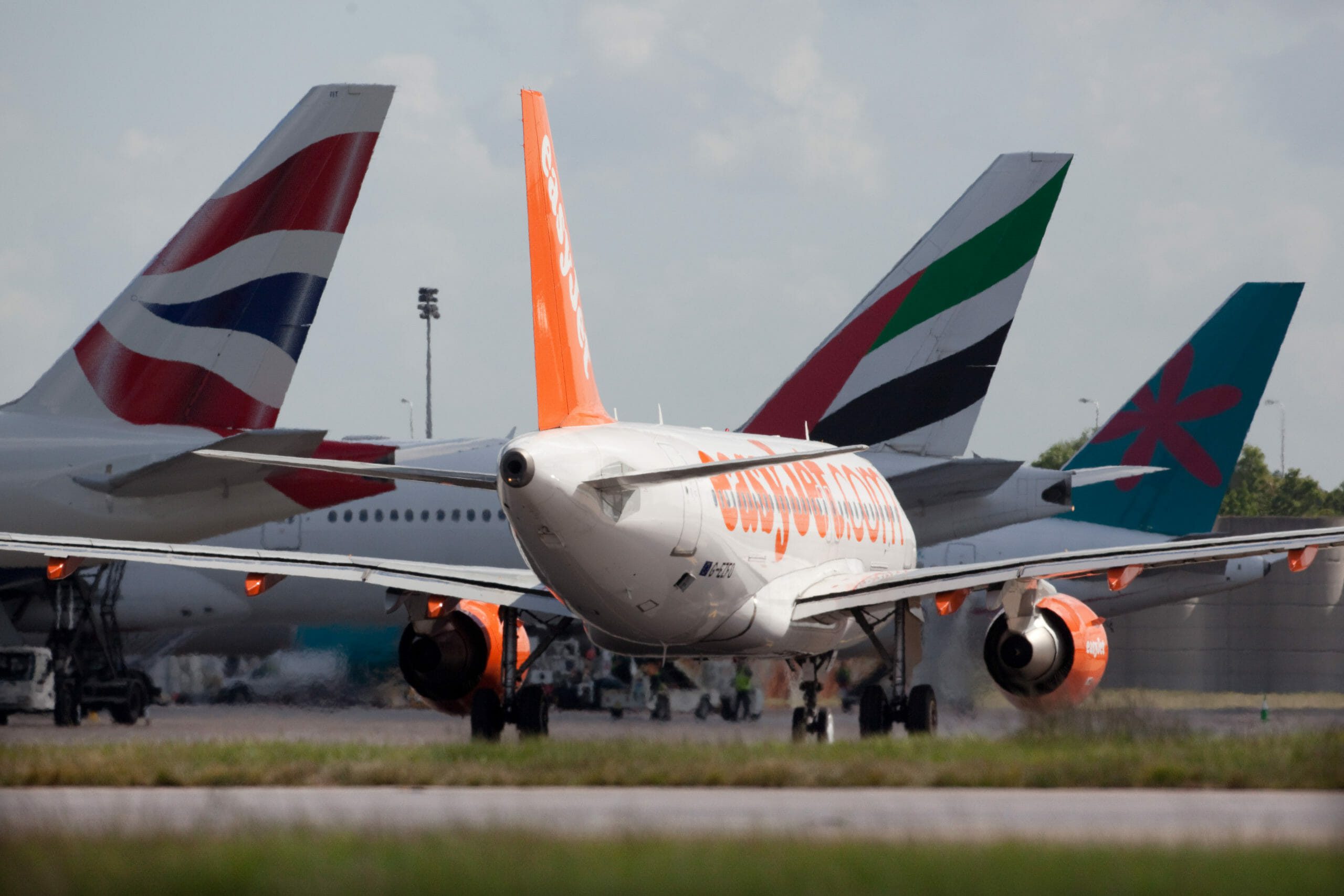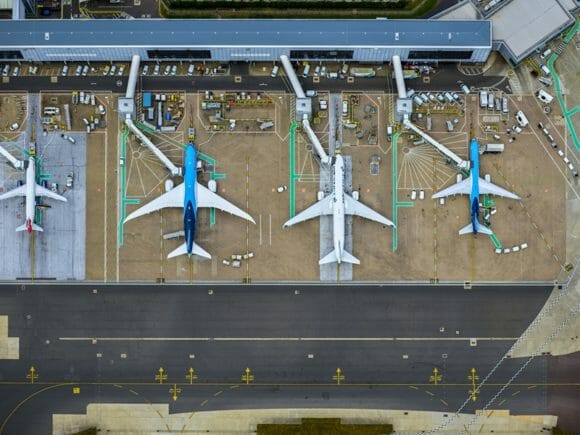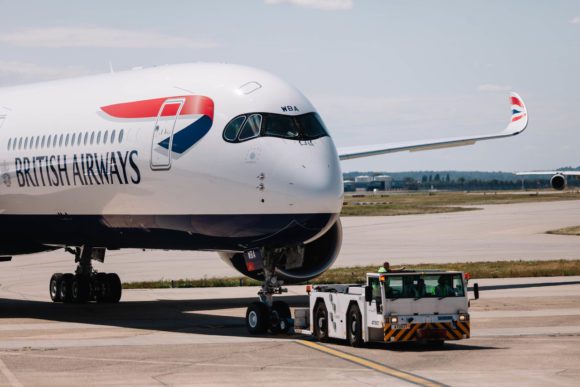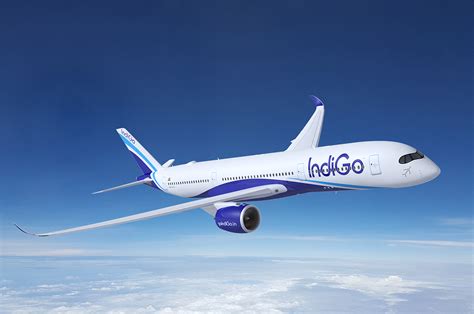
gatwick tailfins scaled
It takes some stamina to digest the 1.246 pages of the draft agreement between the United Kingdom and the European Union, also known as the Brexit deal. Hailed by both UK Prime Minister Boris Johnson and European Commission chairman Ursula von der Leyen on Christmas Eve as a fair and balanced deal, it includes 26 pages on air transport, aviation, and safety. What will change from January 1, 2021?
Air travel:
The first thing to change from the new year is that travelers have to queue in another line. Entering the UK via the EU-lane will no longer work and at border control, you might be required to present a return ticket and sufficient money for your stay and return home, the government website advises.
As for the Brexit agreement, article AIRTRN.3 outlines an important change for airlines operating in the EU and UK. From January 1, they will no longer have unrestricted rights. Only third and fourth freedom rights will apply, meaning that UK and EU airlines are allowed to operate scheduled and non-scheduled passenger services on a point-to-point basis only. So let’s say London-Rome or Vienna-Manchester.
Fifth freedom rights, in which airlines make an extra stop in the UK or EU before continuing to a destination outside the United Kingdom and Union, will be abandoned for passenger services. There is one exemption: cargo services, both scheduled and non-scheduled.
The effect of these restrictions seems to be rather limited. The number of fifth freedom flights by UK-based carriers into the EU has been almost non-existent. In 2019, BA offered Dusseldorf/Friedrichshafen and Friedrichshafen/Hamburg in Germany as fifth freedom services. In the EU, Polish LOT Airlines’ Budapest and Vilnius to London City were the only ones back in 2019. Non-EU airlines have a long history of using fifth freedom rights, like Singapore Airlines via Munich to Manchester, but they are exempt from the Brexit-agreement.
Paragraph 6 adds that “neither Party shall unilaterally limit the volume of traffic, capacity, frequency, regularity, routing, origin or destination of the air transport services operated in accordance with paragraphs 2, 3 and 4, or the aircraft type or types operated for that purpose by the air carriers of the other Party, except as may be required for customs, technical, operational, air traffic management, safety, environmental or health protection reasons, in a non-discriminatory manner.”
Paragraph 9 as well as Article 5 on operational flexibility outline that both parties may authorize non-scheduled air transport services to operate beyond the third and fourth freedom rights, as long as they don’t operate a scheduled service in disguise. Codesharing between UK and EU airlines, including the use of different flight numbers, will be permitted within the rules laid out in the agreement. Passengers have to be informed on the reservation or if a change applies at least as quickly as possible which carrier will operate each sector.
Aerial shot of London Gatwick. (London Gatwick Airport)
Airlines:
The Brexit agreement changes rules of ownership for airlines. UK airlines seeking operating authorization and an Air Operator Certificate (AOC) must be effectively controlled by UK owners and have their principal place of business there. Vice-versa, the same applies to airlines from the EU and Switzerland. However, if these conditions are met, carriers have to be granted “appropriate authorizations and technical permissions with minimal procedural delays”, meaning they will be allowed to operate in each other’s territories. This is an important win for airlines on both sides, which had feared an immediate ban and chaos without a Brexit-agreement. If a carrier is refused entry, the agreement stipulates a consultation or arbitration procedure.
UK airlines have been preparing for the revised ownership rules by establishing subsidiaries within the EU. Easyjet has been operating for a few years under an AOC in Austria (easyjet Europe, since 2017) and Switzerland (since 1989), whereas Ryanair has established Buzz Air in Poland, Air Malta, and Lauda in Austria.
In November, easyJet’s said that if the level of EU ownership remains below the required level of fifty percent plus one share on January 1, “easyJet’s board stands ready to activate existing provisions of easyJet’s Articles of Association to ensure that easyJet will be able to continue to comply following the end of the Transition Period. This would be achieved by exercising easyJet’s existing powers to suspend voting rights of certain UK and non-EU nationals.” On November 17, easyjet was only 45.2 percent owned by EU-shareholders.
International Airlines Group (IAG) is registered in Spain with the exception of British Airways and has EU-based subsidiaries with Aer Lingus, Iberia, Vueling, and LEVEL. But then BA accounted for fifty percent of IAG’s 2019 capacity and 33 percent of the Group’s revenues. On December 31, IAG said that is has taken steps to ensure that Aer Lingus and the Spanish airlines comply with the EU guidelines set out in the agreement.
On December 29, Ryanair announced it will restrict voting rights of non-EU shareholders to safeguard the airline is majority-owned by EU shareholders. “These resolutions will remain in place until the Board of the Company determines that the ownership and control of the Company is no longer such that there is any risk to the airline licences held by the Company’s subsidiaries pursuant to EU Regulation 1008/2008.”
The same day, Wizz Air Hungary has taken similar steps to restrict the powers of ‘non-qualifying nationals’, who without action would have approximately 80 percent of the shares on January 1. Through disenfranchisement, those shareholders are unable to vote at general meetings. Wizz Air UK already complies with the ownership guidelines set out in the UK-EU agreement, it said.
Article 9 of the agreement adds that both parties will take another year until January 1, 2022, to review ownership rules: “The Parties agree to examine in the Specialised Committee on Air Transport options for the reciprocal liberalization of the ownership and control of their air carriers within twelve months from the entry into force of this Agreement, and thereafter within twelve months of receipt of a request to do so from one of the Parties. As a result of this examination, the Parties may decide to amend this Title.”
Airlines will have no restrictions to establish offices and facilities that are necessary to operate, nor will a local ground handler be imposed on them. As far as the allocation of slots is concerned, the deal stipulates that “each Party shall ensure that its regulations, guidelines, and procedures for allocation of slots at the airports in its territory are applied in a transparent, effective, non-discriminatory and timely manner.”
While UK and EU airlines will be able to either wet or dry-lease aircraft from other carriers of the parties, Article 13 paragraph 7a outlines leasing is not unrestricted: “Leasing is justified on the basis of exceptional needs, seasonal capacity needs or operational difficulties of the lessee, and the leasing does not exceed the duration which is strictly necessary to fulfill those needs or overcome those difficulties.” This gives airlines still some flexibility to source aircraft but clearly defines the purpose of leasing aircraft from another airline or from a subsidiary with a separate AOC within the same group. In our view, leasing from lessors is unlikely to change as operating or financial agreements are involved here that are outside the scope of the Brexit-deal.
The impact of the Brexit agreement on British Airways remains to be seen. (British Airways)
Safety:
The UK and EU have agreed to recognize each other’s licenses and agreements that apply to air safety: “Certificates of airworthiness, certificates of competency and licenses issued or rendered valid by one Party and still in force shall be recognized as valid by the other Party and its competent authorities, for the purpose of operating air services under this Title, provided that such certificates or licenses were issued or rendered valid pursuant to, and in conformity with, as a minimum, the relevant international standards established under the Convention.”
The confirmation in the agreement of the UK’s CAA and Europe’s EASA as the ‘technical agents’ and the continued cooperation by them on airworthiness, environmental, design and production, and maintenance organization certificates comes as a huge relief to the industry. You might remember Farnborough 2016 when nightmare scenarios were discussed on the UK and EU going their separate ways on aircraft (parts) certification.
Each party may request a consultation on safety standards relating to aeronautical facilities, flight crew, aircraft, and the operation of aircraft. “If following such consultations, one Party finds that the other Party does not effectively maintain and administer safety standards (…) that are at least equal to the minimum standards established at that time pursuant to the Convention, the first Party shall notify the other Party of those findings and the steps considered necessary to conform with those minimum standards, and the other Party shall take appropriate corrective action.”
Air navigation service providers will continue to cooperate. Actually, the agreement calls on parties “to promote cooperation between their air navigation service providers in order to exchange flight data and coordinate traffic flows to optimize flight efficiency, with a view to achieving improved predictability, punctuality and service continuity for air traffic.” This includes cooperation on modernization programs such as the EU’s Single Sky and Sesar.
Views: 108





